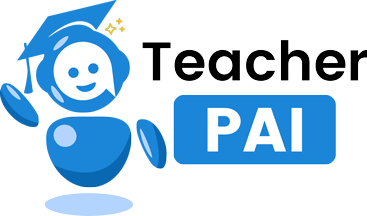"Confidence. Leadership. Empowerment."
The Sisterhood Program is a female-focused support and leadership initiative under the Community Change Pedagogy. It engages girls and young women in exploring topics relevant to mentorship, personal identity, leadership, health, and community responsibility. Through interest-based, project-based learning, the program integrates academics with personal development, equipping participants to excel in school, lead in their communities, and develop a strong sense of purpose. Lessons are designed to strengthen academic skills, life competencies, and leadership qualities while fostering supportive peer and mentor relationships.
Goals
- Build leadership, communication, and decision-making skills among girls and young women.
- Foster positive self-identity, self-awareness, and community engagement.
- Equip participants with tools for academic success and responsible life choices.
- Create mentorship opportunities that support both personal and professional growth.
Skill Objectives
Participants will improve the following skills:
- Problem-solving skills – the ability to navigate challenges female youth and adults face in school, work, and personal relationships by analyzing options and applying effective strategies
- Research skills – the ability to investigate opportunities and resources that support the academic, career, and personal growth of female youth and adults
- Management skills – the ability to organize time, tasks, and responsibilities in ways that help female youth and adults reach their goals and strengthen leadership in their communities
Outcomes
- Increased academic motivation and achievement.
- Strengthened leadership skills and teamwork abilities.
- Higher self-confidence and clarity in setting personal goals.
- Greater sense of responsibility and connectedness to the community.
Benefits
Research on female-centered programming shows that such initiatives:
- Enhance academics, self-regulation, and interpersonal skills through mentoring programs combining group and one-on-one formats (Deutsch et al., 2017).
- Strengthen leadership self-efficacy and task performance, especially in STEM contexts, through task-oriented behavior and confidence-building (Coluccio et al., 2024).
- Promote leadership readiness and self-awareness through early career leadership interventions (Molina-López et al., 2024).
References
- Coluccio, G., Muñoz-Herrera, S., Adriasola, E., & Escobar, E. (2024). Leadership development in women STEM students: The interplay of task behaviors, self-efficacy, and university training. Behavioral Sciences, 14(11), 1087. https://doi.org/10.3390/
bs14111087 - Deutsch, N. L., Reitz-Krueger, C. L., Henneberger, A. K., Futch Ehrlich, V. A., & Lawrence, E. (2017). “It gave me ways to solve problems and ways to talk to people”: Outcomes from a combined group and one-on-one mentoring program for early adolescent girls. Journal of Adolescent Research, 32(3), 291–322. https://www.
evidencebasedmentoring.org/ the-benefits-of-group- mentoring-for-adolescent- girls-results-from-the-young- women-leaders-program - Molina-López, M. M. (2024). An authentic leadership program boosting adolescent girls’ self-perception and academic motivation. SAGE Open. https://doi.org/10.1177/
21582440241307697





